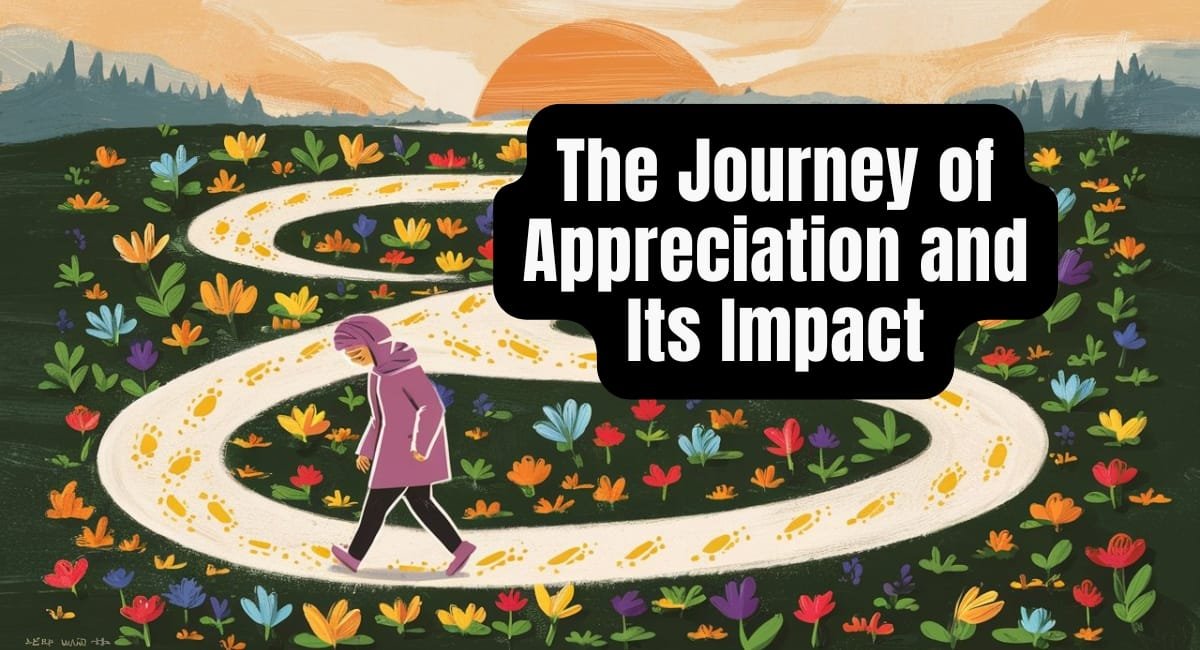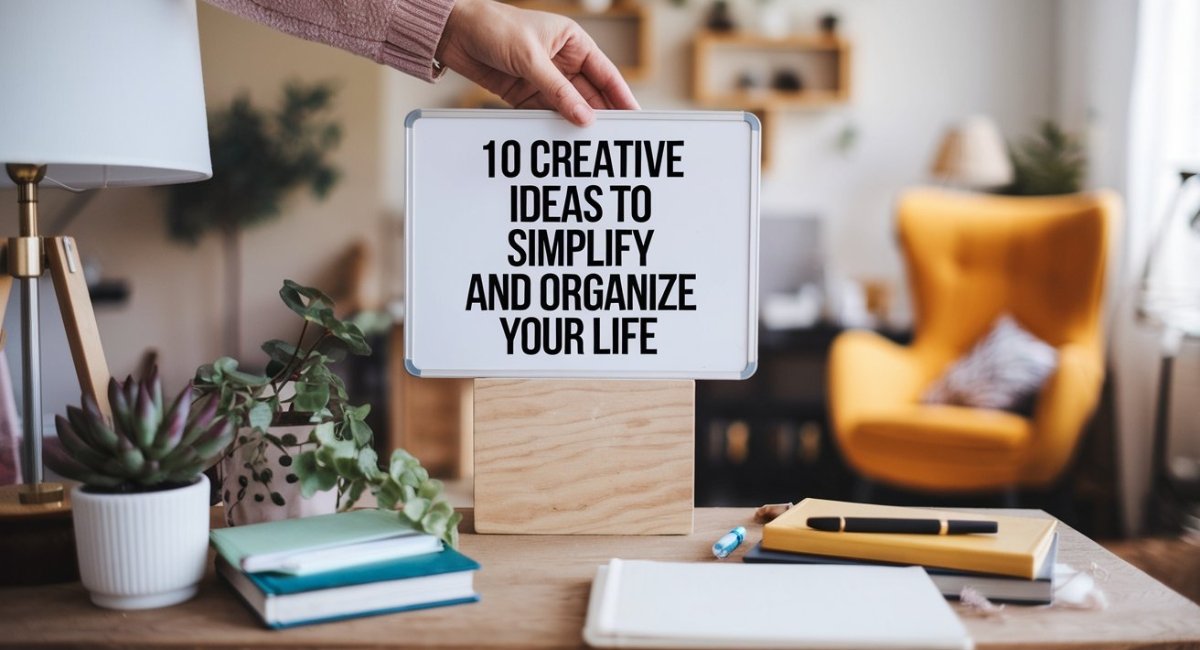The Journey of Appreciation and Its Impact
This post contains paid and/or affiliate links. I make a small commission at no extra cost to you. Please see our Privacy Policy.
In our busy lives, there’s a simple practice that can change how we see things and bring deep joy and contentment – gratitude.
It’s not just saying thanks; it’s a way to see and value the good things around us. This article will take you on a gratitude journey. We’ll see how this practice changes our well-being, relationships, and outlook on life.

Have you thought about how saying thanks can change your life in big ways? As we look into the power of appreciation, get ready for new insights.
These might make you rethink and encourage you to live more mindfully, emotionally intelligent, and self-reflectively.
Key Takeaways
- Gratitude is a powerful practice that can enhance personal growth and life satisfaction.
- Expressing gratitude is linked to increased happiness, reduced stress levels, and improved mental health.
- Genuine expressions of gratitude can deepen connections and strengthen bonds with loved ones.
- Gratefulness fosters resilience and shapes one’s perspective on life positively.
- Intentional practices, such as mindfulness and nurturing seeds of gratitude, can enrich one’s life and the lives of those around them.
Unlocking the Power of Gratitude
Gratefulness changes how we see our lives, moving us from what’s missing to what’s there. It helps us appreciate the good things we often overlook.
By being thankful, we notice the positive parts of our lives more, making us feel content and fulfilled.
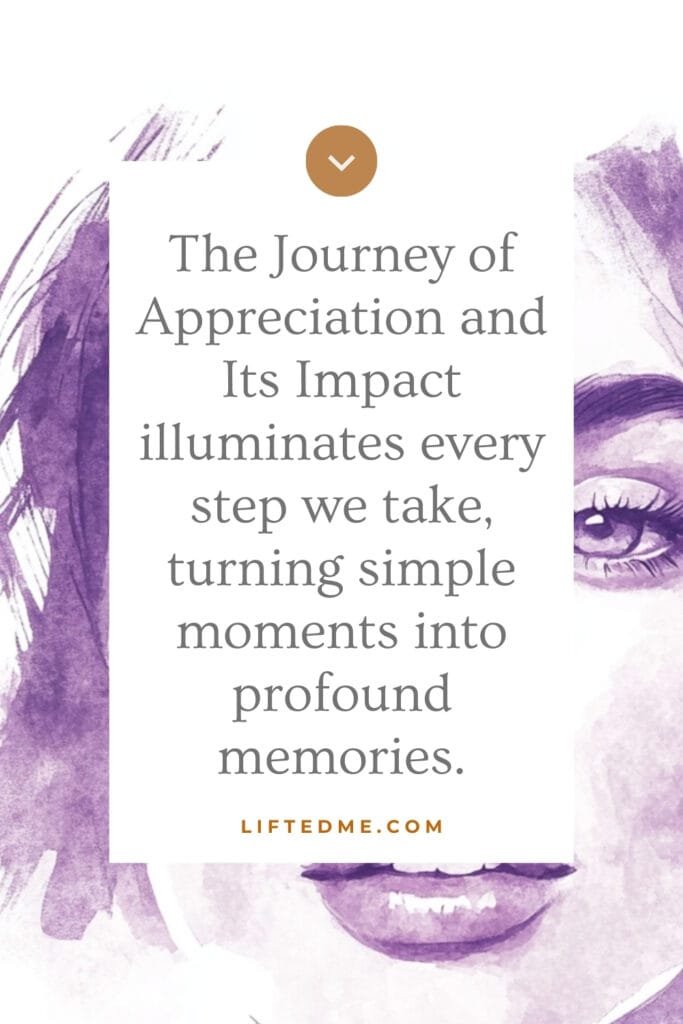
Gratefulness: A Mindset of Abundance
Gratitude is more than just feeling thankful. It’s a way of seeing life that can change our outlook.
When we’re grateful, we see the good in our lives, not what’s missing. This changes how we view the world, making us see it as full, not empty.
“Gratitude unlocks the fullness of life. It turns what we have into enough and more. It turns denial into acceptance, chaos into order, confusion into clarity.” – Melody Beattie
Shifting Focus from Lack to Presence
Being thankful makes us focus on what we have, not what we don’t. This change can greatly improve our well-being.
Studies show that those who are grateful are happier and more satisfied with their lives. Gratitude also protects us from stress and negativity, making us more resilient and hopeful.
Adding gratitude to our daily lives brings many benefits to our bodies and minds. Grateful people usually have better health, sleep well, and have stronger relationships.
Saying thanks to others can make them want to be kind back, making our connections stronger.
| Benefit | Research Findings |
|---|---|
| Happiness and Life Satisfaction | Grateful individuals experience higher levels of happiness and life satisfaction, as shown in studies. |
| Stress Resilience | Gratitude acts as a shield against stress and negativity, contributing to a more resilient and optimistic outlook. |
| Physical Health | Grateful people tend to have stronger immune systems, lower blood pressure, and better sleep quality, according to research. |
| Positive Relationships | Expressing gratitude for others can create a positive feedback loop, leading to reciprocal kindness. |
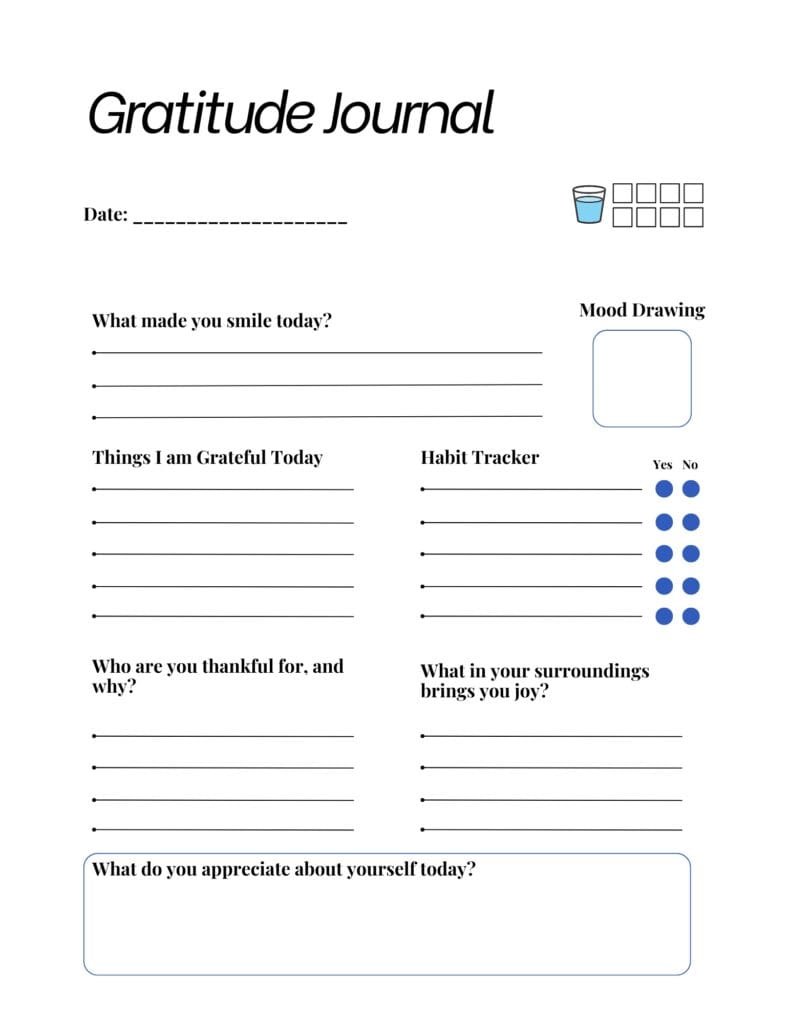
By being grateful, we can bring more presence and abundance into our lives. This practice can make us happier, more resilient, and more fulfilled. It improves our overall well-being in big ways.
The Journey of Appreciation and Its Impact on Well-Being
Starting a journey of gratitude can change our well-being deeply. Studies show it boosts our mental health, happiness, and contentment. By being thankful, we open up many benefits that go beyond what we see.
Cultivating Happiness and Contentment
Being thankful makes us happier and more satisfied with life. When we focus on the good things, our brains start to look for more positives.
This change makes us more optimistic and fulfilled, leading to more contentment.
Reducing Stress and Fostering Resilience
Gratitude helps lessen stress and builds resilience. It prepares us to handle life’s challenges better. Seeing tough times as chances to grow makes us more positive and resilient. This helps us recover faster from hard times.
Appreciation is more than just feeling good for a moment. It’s a journey that can make our mental health and well-being better.
By being thankful, we live a more fulfilling life. It’s filled with happiness, contentment, and the strength to overcome life’s challenges.
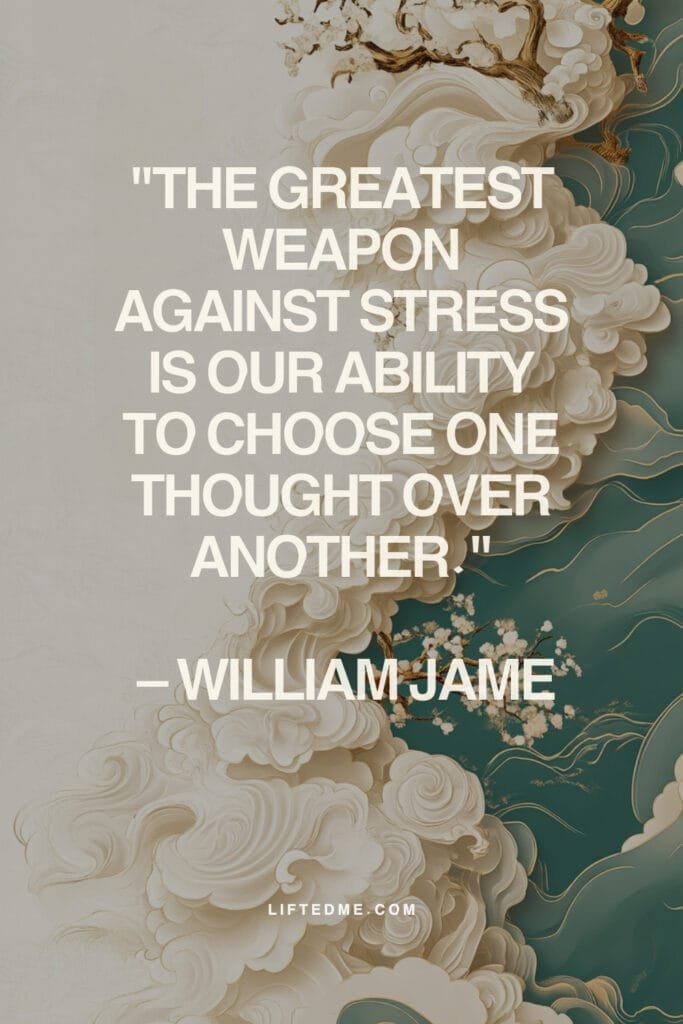
Strengthening Relationships Through Gratitude
Gratefulness changes our relationships for the better. Saying thank you to others makes us feel closer and builds strong emotional bonds.
It’s a key factor in making our relationships stronger and creating a cycle of giving and receiving.
By being thankful often, we grow a circle of support and love, making our interpersonal connections better.
Deepening Connections
Studies show that being thankful can make relationships stronger. It helps people stay together through good and bad times.
Saying thanks shows we value the good things others do for us. It also makes us kinder to each other, making our relationships better.

Creating a Positive Cycle of Giving and Receiving
Being thankful makes us happier and more likely to be kind to others. It’s good for our health and well-being. When we focus on the good in our relationships, we get closer and kinder to each other.
Being open about our mistakes shows we trust and value our emotional bonds in our relationships.
Stephen Curry, a famous basketball player, shows how gratitude works in relationships.
He thanks his family, teammates, and others for their support. His charity work helps kids in need, showing his giving spirit.
“Gratitude can lead to happiness, satisfaction, and future acts of kindness in the relationship, contributing to overall well-being and health.”
| Benefit | Impact |
|---|---|
| Strengthening Relationships | Expressing gratitude can improve relationships by bringing individuals closer together and sustaining the relationship for the long term. |
| Fostering Kindness | Gratitude reciprocates kindness felt in the relationship, fostering feelings of kindness and enhancing the relationship. |
| Enhancing Well-being | Gratitude can lead to happiness, satisfaction, and future acts of kindness in the relationship, contributing to overall well-being and health. |
Embracing Challenges with Optimism
When we face hard times, being grateful can light the way. It helps us see challenges as chances to grow and learn. By focusing on what we have, we can become more resilient and positive.
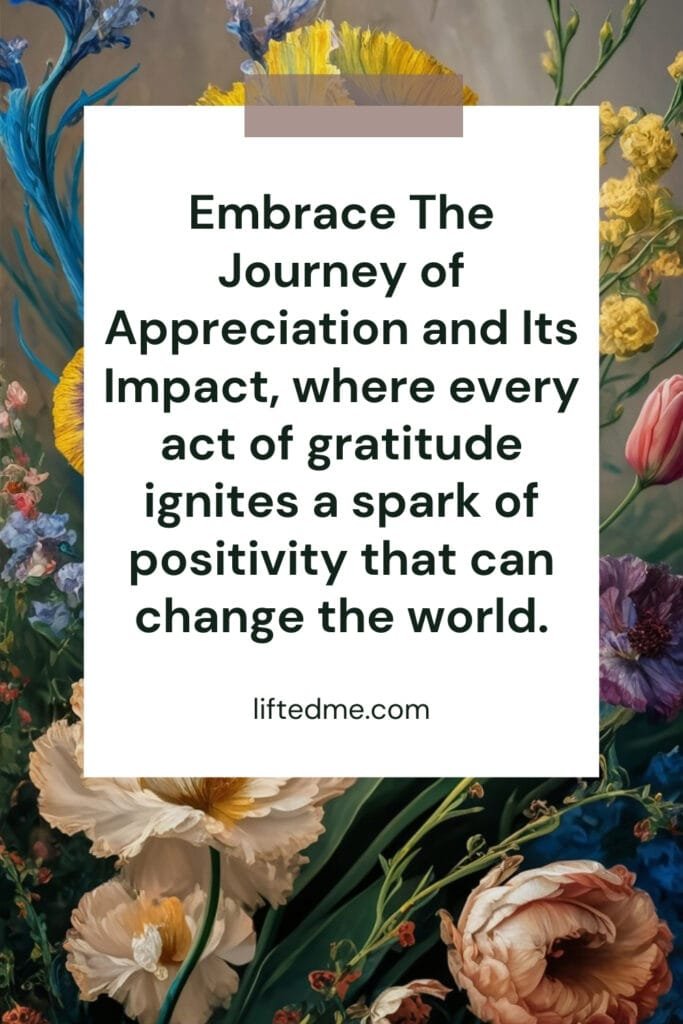
Finding Silver Linings in Adversity
Being positive can make us feel better and improve our relationships. It helps us tackle challenges with strength and clear goals. Seeing failures as chances to learn helps us grow.
Gratitude is key to our mental health, reducing stress and boosting resilience. It also helps us sleep better and feel happier. Facing challenges can make us 20% more resilient and 15% better at solving problems.
Randy Pausch’s message about facing challenges with gratitude has touched many. His teachings show us how important it is to stay optimistic. Let’s use gratitude to find the good in tough times.
“The brick walls are there for a reason. The brick walls are not there to keep us out. The brick walls are there to give us a chance to show how badly we want something. Because the brick walls are there to stop the people who don’t want it badly enough. They’re there to stop the other people.” – Randy Pausch
Intentional Practices: Nourishing the Seeds of Gratitude
To grow a deep sense of gratitude, we need to make a conscious effort. These practices help us connect more deeply with the now. They make us more mindful and reflective, changing us and those around us for the better.
Writing in a gratitude journal is a great way to feel thankful. People who write down three things they’re thankful for each day feel more aware of life’s good things.
This simple habit changes how we see things, making us notice the good we often miss.
Also, mindfulness exercises can change us. By focusing on the now and our breath, we learn to watch our thoughts and feelings without judging them. This helps us find the good in tough times, making us more optimistic and resilient.
Showing gratitude to others through kind words or actions also strengthens our bonds. Companies that value appreciation see happier workers and better work. This shows how gratitude can positively affect us and our communities.
The path of appreciation is personal, but the practices we choose can help. By reflecting, journaling, and being kind, we can grow our gratitude.
This unlocks the power of positive habits and self-reflection, making us feel better and more connected to the world.
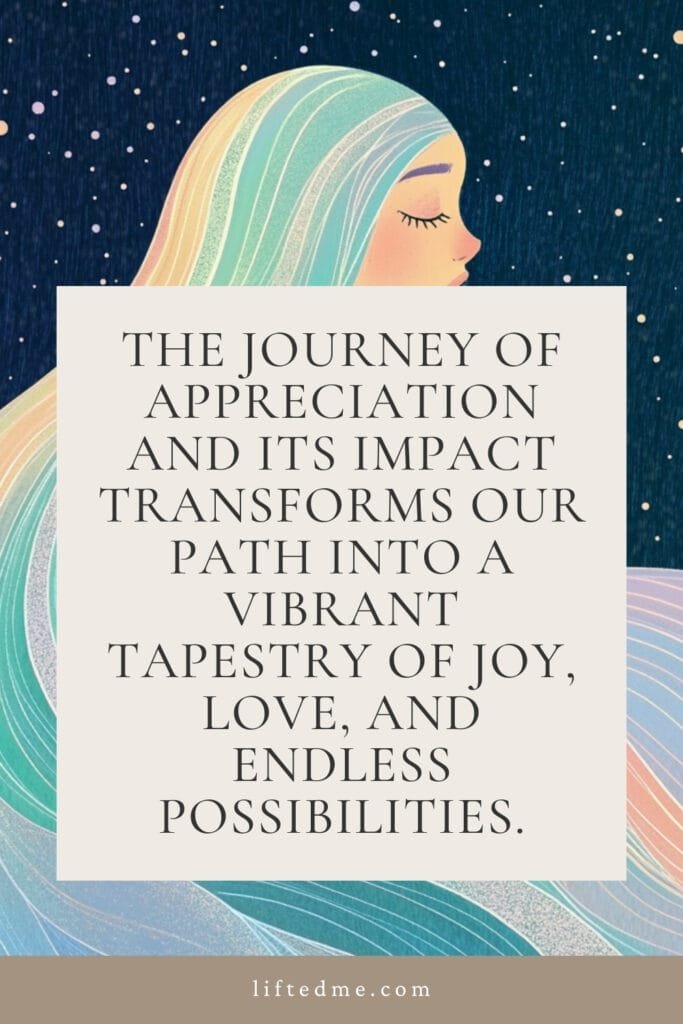
Inviting Others to Join the Gratitude Journey
The journey of gratitude is something we can share and grow together. By sharing our stories of how gratefulness has changed us, we inspire others to start their gratitude journeys.
This can lead to a world that’s more positive and connected, where we all see and celebrate the good things around us.
Telling our stories of how gratitude has made a difference in our lives can help others. By showing the positive impact it has on our happiness, relationships, and outlook, we can inspire change.
We can encourage those around us to try it, too. This way, we start a gratitude movement that lifts people and makes our communities stronger.
Also, by inviting others to join us, we build a group of people who enjoy the benefits of gratitude. We can do this through workshops, events, or just talking with friends. We’re saying, “Come see how gratitude can change your life too.”
It’s a way to help others discover the amazing things it can bring into their lives.
FAQ
What is the significance of gratefulness?
Gratefulness is more than just saying thanks. It’s a way of life that helps us see and value what we have. By being grateful, we focus on what we have, not what we don’t. This brings us contentment and fulfillment.
How does gratefulness impact our well-being?
Studies show that being thankful makes us happier and less stressed. It also boosts our mental health. Gratefulness makes us more positive and resilient, making us feel better about life.
What is the relationship between gratefulness and interpersonal connections?
Gratefulness changes how we connect with others. Saying thanks to people we care about strengthens our bonds. It starts a cycle of giving and receiving, making our relationships better.
How can gratefulness help us navigate challenges?
Gratefulness helps us stay hopeful during tough times. It turns problems into chances to grow. This mindset makes us more resilient and positive.
What are some intentional practices to nourish the seeds of gratitude?
To grow gratitude, we need to make an effort. This includes writing in a gratitude journal, practicing mindfulness, and showing thanks to others. These actions deepen our connection to the moment and make us truly grateful.
How can we invite others to join the gratitude journey?
We can share our gratitude stories to inspire others to start their journey. When more people appreciate life, we all become more positive and connected. Together, we celebrate the good things around us.
